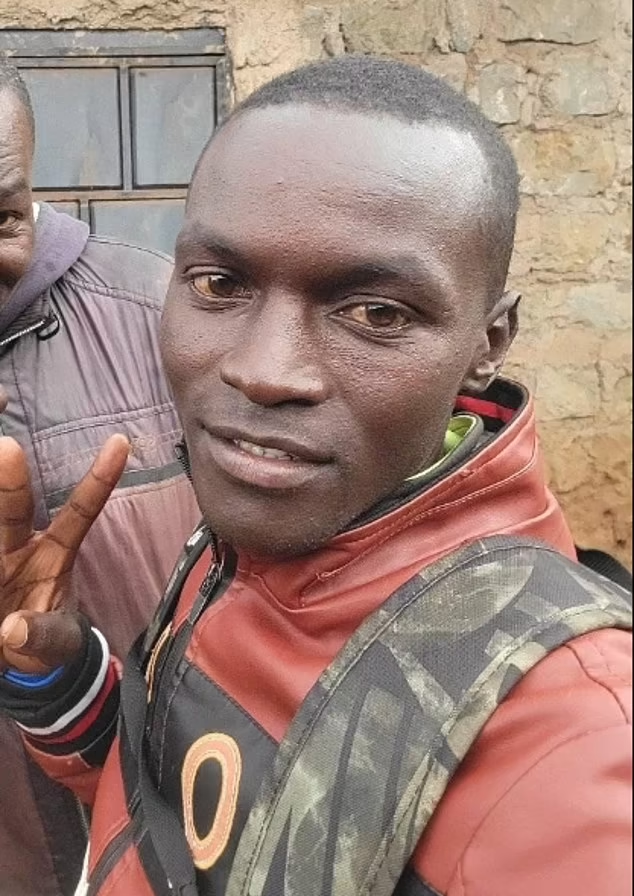Dickson Ndiema, the man accused of fatally setting Ugandan Olympic athlete Rebecca Cheptegei on fire, has died from burns sustained during the attack, officials at Moi Referral Hospital in Eldoret, Kenya, confirmed on Tuesday.

Ndiema had been admitted to the hospital with burns covering 30% of his body following the incident that led to Cheptegei’s death last Thursday. The Olympic athlete succumbed to injuries after suffering burns on 80% of her body.
Owen Menach, spokesperson for Moi Referral Hospital, confirmed Ndiema’s death to The Associated Press, stating that the hospital would issue a formal statement later. The circumstances surrounding Ndiema’s death while in medical care are yet to be fully disclosed.
The attack reportedly stemmed from a dispute over a piece of land that Cheptegei had purchased in Kenya’s Trans Nzoia county. According to a report filed by the local chief, Ndiema and Cheptegei had quarreled over the property.

Cheptegei, who competed in the women’s marathon at the Paris Olympics less than a month before the attack, finishing 44th, had bought the land to be near Kenya’s numerous athletic training centers, according to her parents.
Joseph Cheptegei, the athlete’s father, had previously told reporters that Ndiema, described as his daughter’s former boyfriend, had been stalking and threatening her. The family had reportedly informed police of these threats prior to the tragic incident.
The elder Cheptegei expressed concern last week about the lack of security guarding Ndiema in the hospital, fearing he might escape. With Ndiema’s death, questions may arise about the circumstances of his care and the missed opportunity for justice through the legal system.
Rebecca Cheptegei is scheduled to be buried at her home in Uganda on Saturday, marking a somber end to a promising athletic career cut short by violence.
This tragic case has shed light on issues of personal safety for athletes, land disputes in the region, and the potential dangers of stalking and domestic violence. It also raises questions about security measures for suspects in high-profile cases who are receiving medical treatment.
AP



